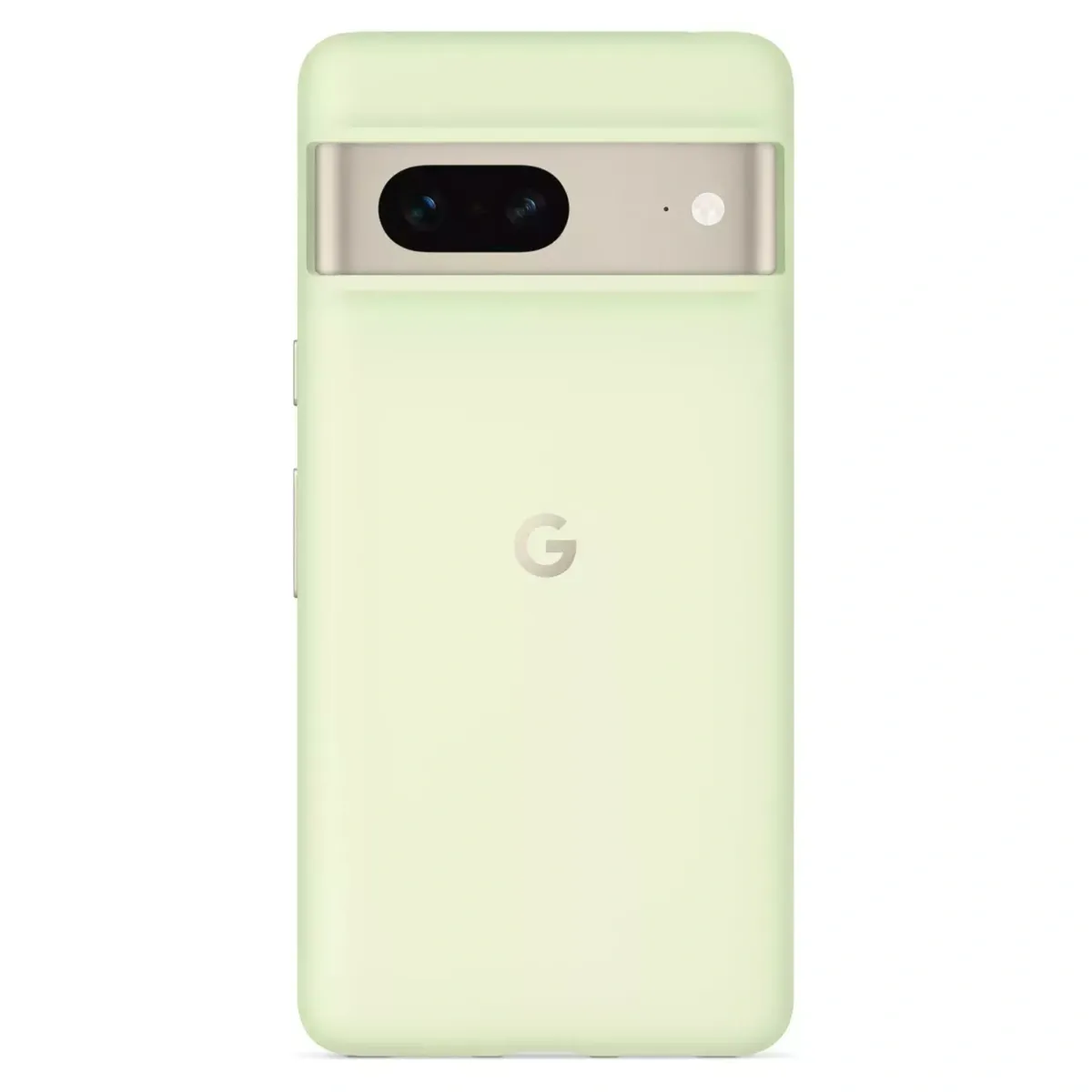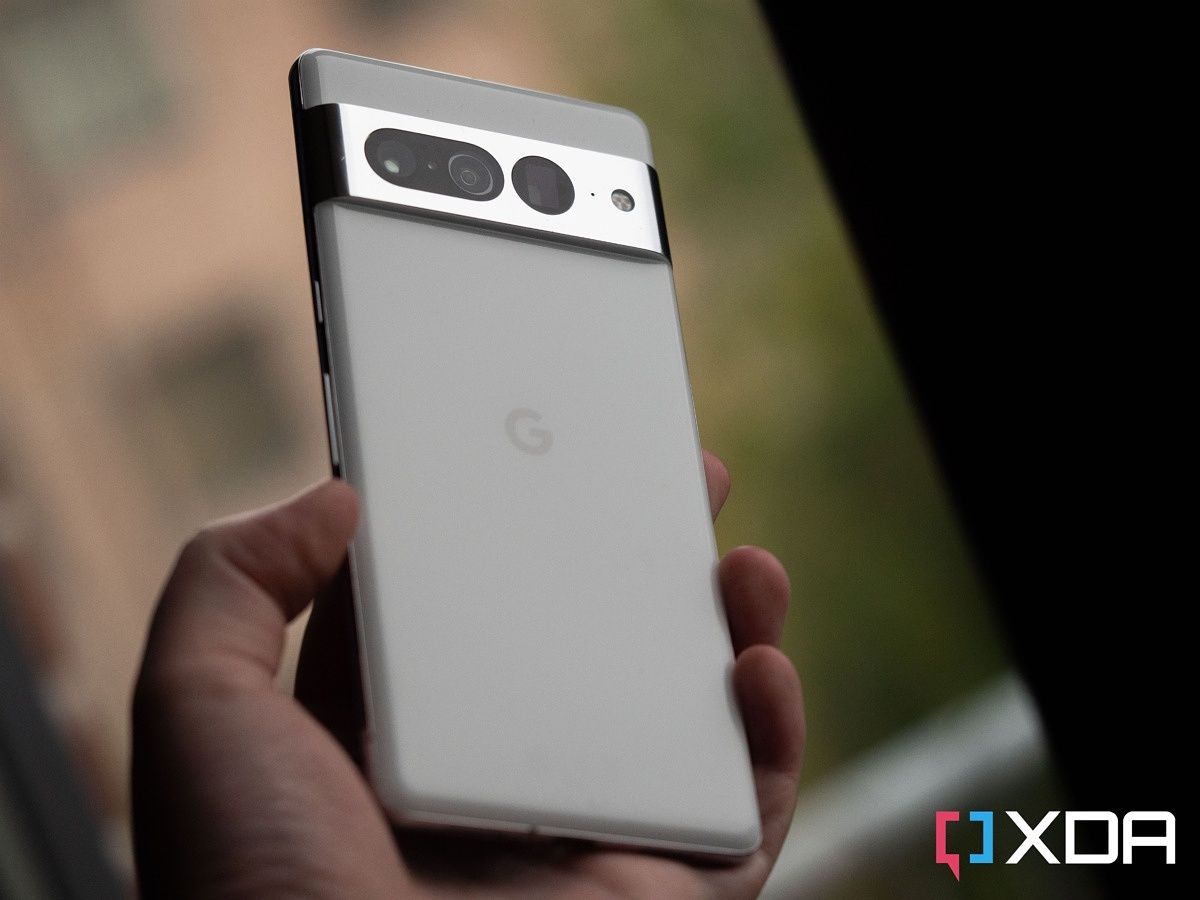Shortly after the release of the Google Pixel 7 and Pixel 7 Pro, it was confirmed that the handsets were the first pair of Android phones to only support 64-bit apps. Now, Google has also shared the news through its Android Developers Blog, listing some of the benefits that this has to offer.
While we previously reported on it, Google clarified that with this configuration, there is no longer support for 32-bit apps, meaning older versions of software without 64-bit libraries won't work. With this change come numerous benefits, with one of the most important being that devices can run more efficiently. By moving to 64-bit apps, apps can now run faster because "they access to extra registers and instructions that aren't available to 32-bit apps."
By not having support for 32-bit applications, the OS can also benefit by freeing up to 150MB of RAM, which means fewer app kills and less jank. Furthermore, CPUs that are optimized to run 64-bit code can deliver more power, with an increase in performance of up to 25 percent. In addition to added efficiency, you also get security benefits, like the increased effectiveness of address space layout randomization (ASLR), which works to protect the operating system, and the additional capacity to "protect control flow integrity."
As far as the back end is concerned, developers can also reap the benefits of 64-bit-only app support by being able to deliver faster updates and gaining access to memory error detection tools like HWASan, which is much more efficient than ASan. Google does warn app developers that they might need to be more attentive when testing their apps, making sure that they are also testing specifically for 64-bit-only devices. Google has pre-launch reports provided to help with this process.
The Google Pixel 7 and Pixel 7 Pro are two Android smartphones that are the start of something new. Going forward, you can expect to see more devices adopt a 64-bit-only approach. While it's hard to say which companies will make the plunge, Google's next hardware product, the Pixel Tablet, is already rumored to be 64-bit-only. Thankfully, as a consumer, you won't have to worry too much about this change, as Google already laid the groundwork for this as early as 2017 in order to ensure a smooth transition.

Google Pixel 7 and Pixel 7 Pro
The Pixel 7 packs the second-gen Tensor SoC, a brighter display, and improved cameras, plus a new Photo Unblur feature.
Source: Android Developers Blog

